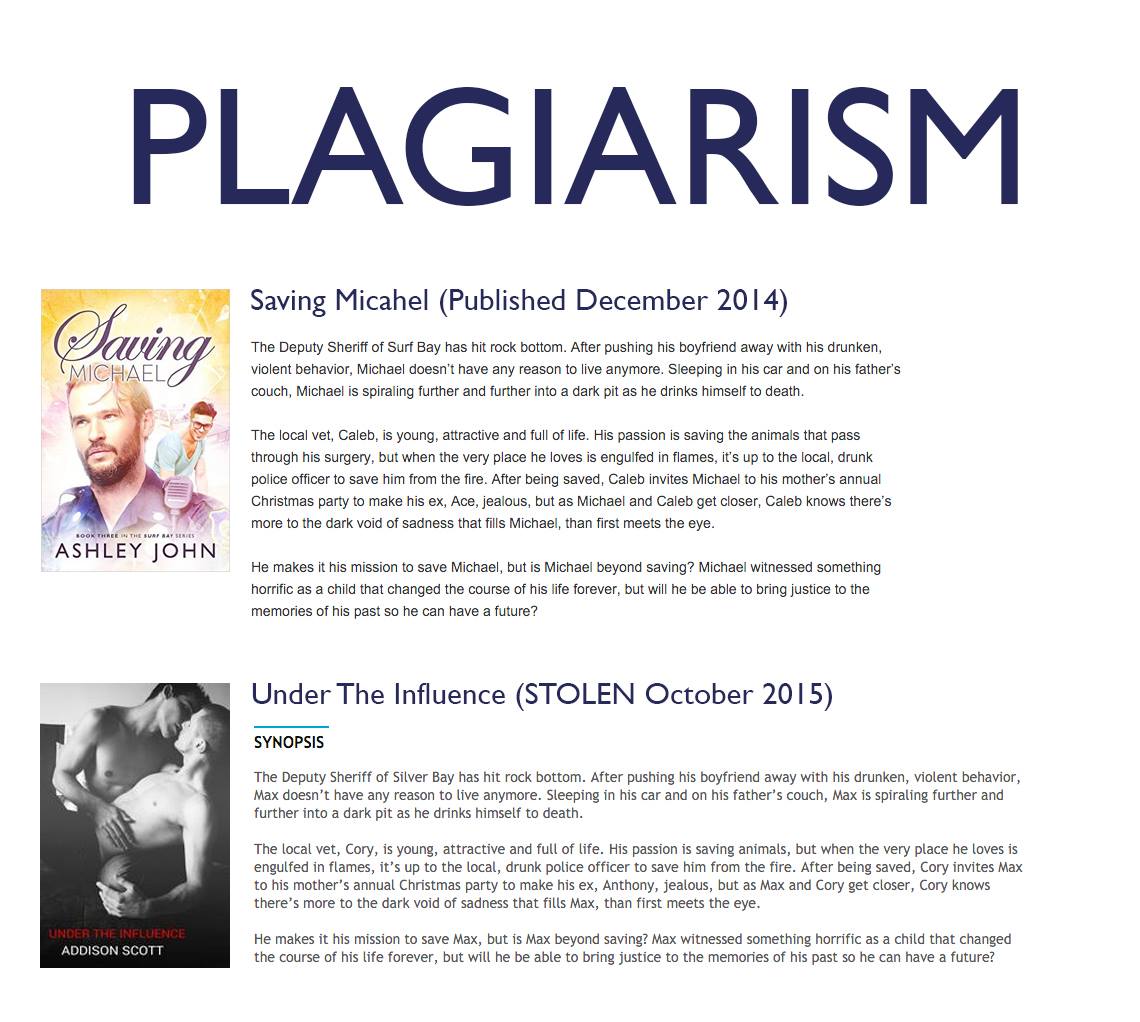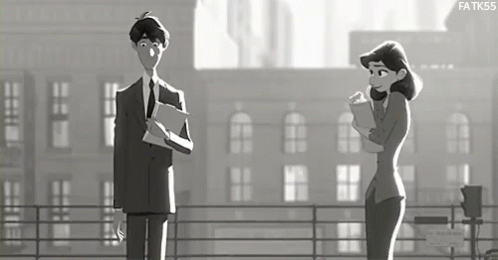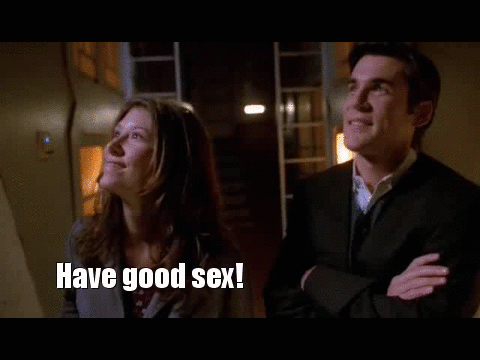Inconceivable!
12244631_1664803317101299_5590513166191967837_o
So, a few things have happened in RomanceLand over the past few weeks. One of them being that there have been not one, but two outed plagiarists (boo, hiss!). The coverage for the first plagiarist was pretty epic, and even making the Washington Post. In the land of online scandals, this is already yesterday’s news to everyone not directly affected by Harner’s actions, (though, as I said, we have news of a new plagiarist, so the WTFery lives on!). That said, the plagiarist news is all over the place, so I’m not going to go over how douchey plagiarists are, the violation of theft, or what that other douche at the Washington Post categorically dismissing the romance genre. Yes, I know, we’re trashy people writing trashy books and you’re better than us because you say so. If you happened to miss all that, I can refer to you to the following: Jenny Trout’s article in the Huffington Post
On the subject of romance itself, I will also recommend Maya Rodale’s Dangerous Books For Girls (The Bad Reputation of Romance Novels Explained). Rodale’s exploration of the subject is detailed, if not quite scholarly (though she clearly did a ton of research and interviewed numerous Big Names within the industry) and I pretty much agree with everything she says. So much so that I’m giving a copy of her book to my sister-in-law for Christmas. (Penni, if you read this, just act surprised).
There seems little point in rehashing the arguments that others have made in defense of the genre—especially since this news is a month old now—except to say that it’s annoying that any such defense still needs to be made at all. But when all of this was occurring, I saw a few comments from romance detractors that recycled a few oldies but goodies when it came to the reasons romance sucks. The one that lent me pause is one I’d heard many times before, but not really considered. That is that romance is unrealistic; it gives women unrealistic expectations in relationships.
Now, first of all, romances are generally shelved in the fiction section of bookstores and found in the fiction sections of online retailers. Alongside literary fiction, science fiction, horror, mystery, and any number of other works that involve worlds that don’t exist and/or characters invented by the author. Fiction is often a heightened representation of reality, but very rarely claims to be reality. That’s why it’s called fiction.
Definitions. They have a purpose.
Yet as I was thinking about romance novels, impractical dalliances that they are, I found myself wondering, well, why.
Why are they unrealistic?
People meet every day. They fall in love every day. They also break up, cheat, and get divorced every day. People die every day. These are not subjects taboo to the romance novel. Many times you’ll meet a hero or heroine who has suffered through a truly bad relationship, and whose journey is one fraught with complications, doubt, anger and eventually healing.
The trend nowadays in romance seems to be moving toward relationships of equals. Where the man and the woman (or man and man, woman and woman, multiple partners, etc.) might have their differences, from everything ranging from ideology to upbringing, but work to understand each other in a healthy, meaningful way.
In the criticism I’ve read regarding romance, a few things are sure to come up:
Unrealistic relationship expectations
Unrealistic sexual expectations (Because women shouldn’t expect to be sexually satisfied in their relationships)
It’s pornography for women (Grow up)
I’ve been reading romance in one way or another for fifteen years. I’m about to turn thirty-one. I’ve been in exactly one relationship (we just celebrated eight years), and one of the reasons was my impossibly high standards. As a teenager, I wasn’t prone to date. The guys who asked me out were, for the most part, not my type. Sometimes I turned them down, other times I did what society demanded and “gave them a chance”. Giving them a chance ended up backfiring. For a while, I held onto the belief that my must-haves were too demanding.
What were my must-haves? Mutual admiration and respect. There are other things too. We all have our laundry list of wants and needs when it comes to potential romantic partners. Must be funny, intelligent, and so on. The thing is, by the time I met my husband, I was more or less convinced that my ideal partner didn’t exist, because of the propaganda I’d heard regarding the unrealistic expectations that reading romance novels had prepared me for.
But here’s the thing: no romance novel worth its salt will try to sell you fish oil. Romance novels don’t claim that relationships—even the best ones—will be without fault. That there won’t be arguments or speedbumps. No romance novel I’ve ever read has posited that an ideal couple agrees on everything. Even with the HEA, readers have an understanding that the HEA doesn’t mean “and they never quarreled about anything ever again”.
The claim that romance novels are unrealistic is problematic on two levels.
It presumes that women are so feeble minded they can’t tell the difference between fantasy and reality.
It implies that good relationships are unrealistic, and women should therefore be expected to settle.
To Point #1, romance is the only fiction genre that routinely gets slammed for being unrealistic. Fiction by nature is, as I said before, a heightened representation of reality. We understand that when we pick up a romance novel, we’re not reading an autobiography. We grasp that it’s not real.
e2QC1pt
Now, are all romance novels created equal? No. Individual romance titles themselves might very well be unrealistic (and I’m not just talking about paranormal, fantasy and science fiction). But the romance community is pretty good about smelling BS. There are numerous romance-specific blog sites out there that have built reputations on their tendency to rip apart titles, and call out unrealistic relationships when they see them. Women aren’t stupid. We know when something is unrealistic, and we know the difference between reality and fantasy.
Reading just one romance book will provide no one—no one—an accurate representation of the industry. Because there isn’t just one type of romance out there. If you pick up Fifty Shades because it’s the one with the memorable title, you’re not going to walk away with an accurate understanding of the romance genre. If you pick up one of my books, you’re not going to walk away with an accurate understanding of the romance genre.
Romance is like a buffet full of all your favorite foods, and foods you hate, and foods you haven’t tried—foods from all across the globe. You couldn’t go to that buffet, have a single plate, and walk away with an understanding of everything offered. You might see the other options under the warmers, but without trying them, you can’t accurately judge their taste. Similarly, romance isn’t something you can pigeonhole. Yes, there are identifiable beats, and some publishing houses adhere to strict formulas because they know what sells for their brand. But that is just one small serving off an unlimited menu.
On Point #2—the claim that romance novels are unrealistic implies that good relationships are unrealistic. For a long time, after I started dating my husband, I expected the other shoe to drop. He is funny, kind, intelligent, and respects me. I thought surely he was an aberration, or I just found one of the good ones.
Here’s the thing: if I’d bought the line that I’d have to settle for something else, I don’t know where I’d be. I know now, after eight years together, that I’d rather be single than with someone I didn’t respect like I respect my husband, or have the respect I receive from my husband. I respect myself too much for anything less.
As a society, we place a ton of emphasis on the need to couple. As women, if we’re single by a certain age, it’s because there’s something wrong with us. If we’re childless, it’s because there’s something wrong with us. If we’re happy being single and/or childless, it’s because there’s something really wrong with us. We’re conditioned to believe that any relationship is better than no relationship. That getting married is on the checklist of life, and we shouldn’t expect too much from our partners. We should be satisfied that we have a partner at all.
Say it with me: bullshit.
Or better yet, why? Why should we settle for anything less than what we want? What we deserve? Why should we be surprised when the people we date aren’t complete assholes? When finding a decent human being who treats you with respect, a decent human being you enjoy being around, is considered anything other than normal?
Instead of lampooning romance novels, authors and readers as building unrealistic expectations, perhaps we should look at why these expectations are anything other than completely attainable.
Because in most modern romances, the happily ever after means the characters love each other, understand each other, accept each other, respect each other, and treat each other like equals.
That’s not unrealistic.
What’s unrealistic is the expectation that we should settle for anything less.







